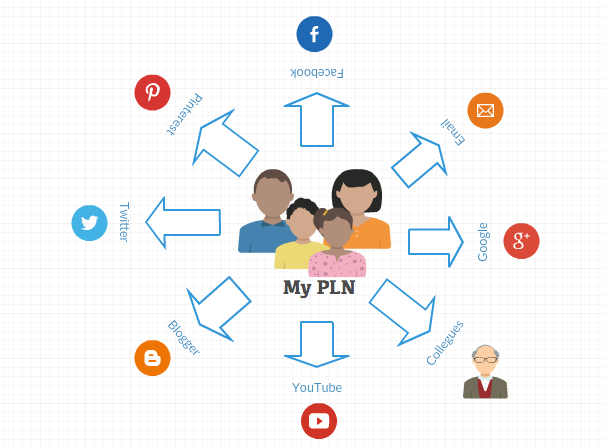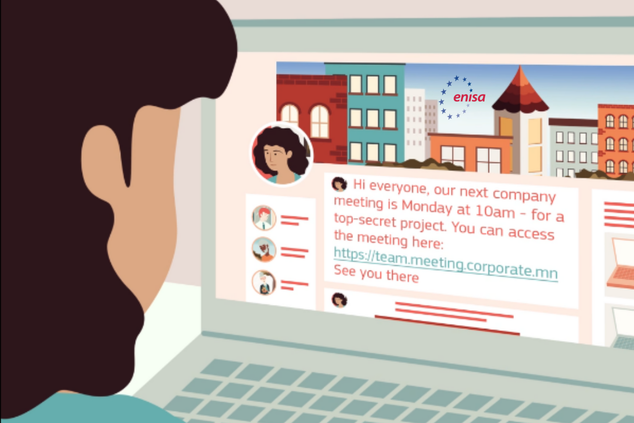– Week 2 –


- What Does it Mean to Network Using Social Media?
I think networking on social media varies from person to person due to different intentions when incorporating the use of social media in our daily lives, which as a result, impacts the meaning of “networking.” The art student on social media could post pictures of their creations intending to connect or “network” with potential buyers and build a fan base. The business student navigates the business world by networking through forming connections with other business professionals while learning from the top industry professionals’ content on these platforms. I am a business student, specifically a photographer and marketer; I see social media as a way to expand my connections and establish relationships with industry professionals I have never met. I send them a follow and interact with their content which shows this individual that I am interested in their message and what they have to say, which leads to expanding my knowledge and opening up new career-advancing opportunities. Social media allows me to establish a support system, learn new skills, develop relationships, share my ideas, and connect with my global community. Technology, specifically social media, allows me to constantly grow and establish new areas of expertise by developing and finding new relationships with friends, family, and industry professionals.



- How Are We Motivated to Participate in Networked Publics?
The motivation to participate in network publics is an essential human communication function, which can be achieved through these digital platforms instead of being done face to face. Humans like to be listened to and share their opinions or ideas that contribute to the greater good of a conversation. For example, platforms like Facebook and Instagram give society a simple, easy, and fast way to achieve this. The level of motivation again varies from person to person, as we are all different. We are more knowledgeable, excited, and invested in specific topics than others. Therefore the motivation increases to participate when the subject is something we are familiar with, interested in, or passionate about. For example, I am an individual passionate about surfing, photography, and entrepreneurship, which means my motivation increases to engage in conversations on these topics much more than others. If I came across a discussion about Kim Kardashians’ lip filler makeup routine, there would be no motivation to listen or engage, as I am not an individual who is passionate about makeup, celebrities, or enhancing my appearance. Networked publics open an openminded space and easily accessible tool for individuals to come together to collaborate, engage, and share ideas about topics they are passionate about.


- What are the risks & rewards of public communications?
Public online communications have opened the world to connect, share, and collaborate on topics in ways we have never seen before. It has never been so easy to access information and establish relationships with others worldwide. Due to public communication, we are given the opportunity to connect with individuals from differing locations, incomes, ethnic backgrounds, interests and other different demographic, geographic, and psychographic traits. No wall or barrier is holding back this open communication and collaboration through networks across the world. With this vast network base on these public communication networks, the new information, opinions, and perspectives shared on these platforms create a huge opportunity to expose yourself to the information you might have never thought about before, facilitating new learning opportunities. The reward of open communication and learning opportunities advances human creativity. Open communication with individuals who withhold vast amounts of knowledge can come together and collaborate their perspectives, enhancing creativity. These rewards have changed how our world works, but on the other hand, they have created negative repercussions. Cyberbullying, inappropriate content, cancel culture, and cyber security threats are all risks with public communications. Bullying and cancel culture on these public networks impact the individual outside of these public networks; it affects them in their daily lives by potentially inducing mental health problems or self-esteem issues. The age at which we are now exposed to these public networks is getting younger and younger with the generation; as I like to put it, my generation is growing up alongside technology and social media. With this in mind, the content posted on these social networks isn’t what we as a society would deem appropriate for a young child to view regarding violence, drugs, sex, and language. Lastly, a risk with public communications is data and security threats with hacks or data breaches. This means personal information is leaked into the hands of people who weren’t supposed to have it in the first place. In the end, technological advancements always involve risks and rewards, and how we mitigate these risks will enhance the rewards.
